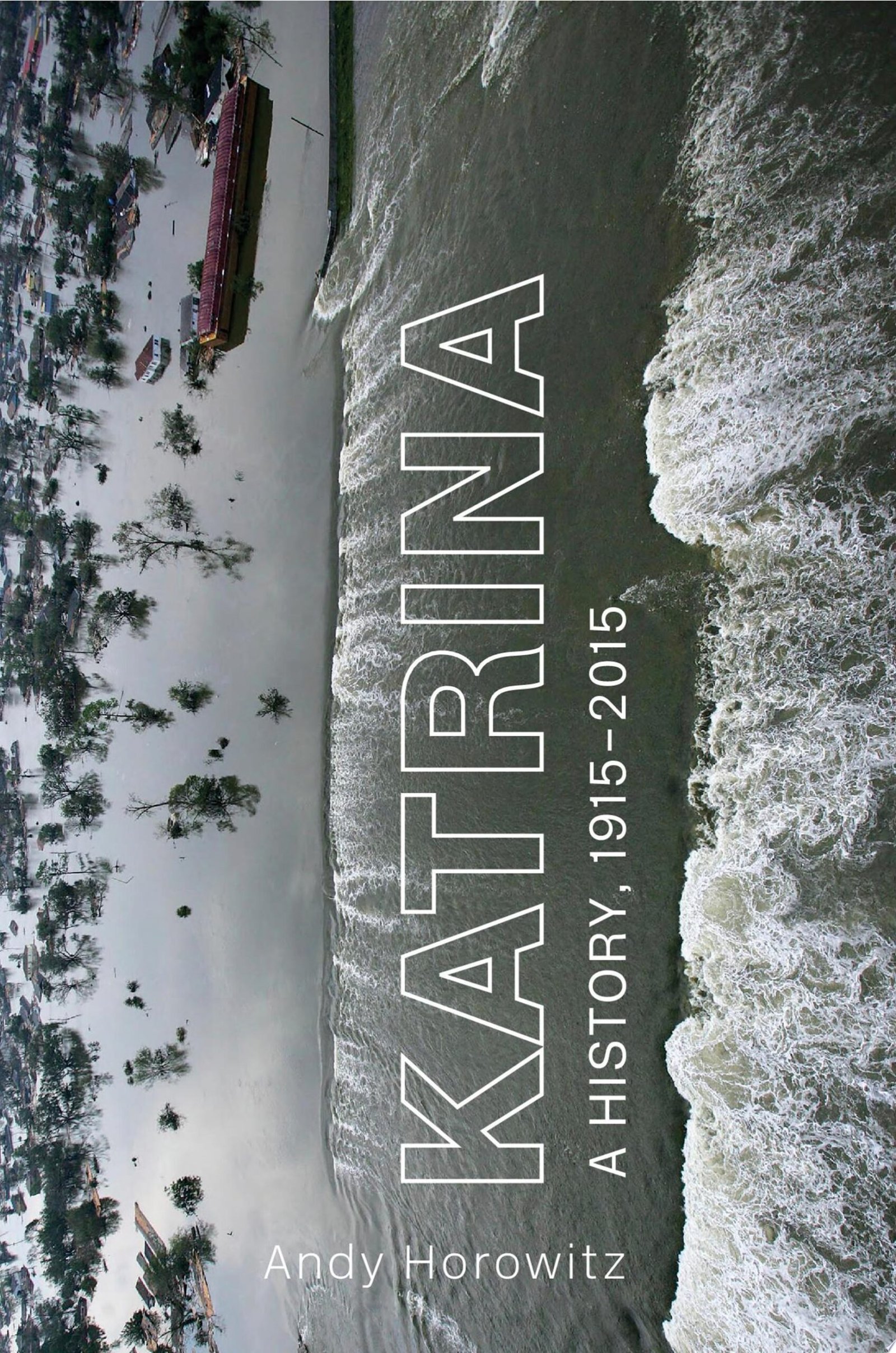Top of the pile
90
/100
I Index Overall Rating

Readers
Critics
Scholars
Author:
Andy Horowitz
Publisher:
Harvard University Press
Date:
July 7, 2020
A Tulane University history professor traces the devastation wrought on New Orleans by Hurricane Katrina in 2005 to nearly a century of racist and otherwise problematic public policies that put profits ahead of people as development was allowed in vulnerable swampland and the oil and gas industry ran roughshod over Louisiana's coast.
What The Reviewers Say
Eric Klinenberg,
The New York Review of Books
The New York Review of Books
Horowitz does a masterful job of describing the public and private engineering projects that made possible real estate construction, oil exploration, and other forms of economic expansion in New Orleans during the twentieth century, building fortunes for a few while putting thousands in the path of the next big storm.
Scott W. Stern,
Los Angeles Review of Books
Los Angeles Review of Books
... brilliant.
Steve Donoghue,
The Christian Science Monitor
The Christian Science Monitor
... easily the best book on the subject since Douglas Brinkley’s 2006 The Great Deluge: Hurricane Katrina, New Orleans, and the Mississippi Gulf Coast. Beyond delving into the tangled history of Louisiana politics, Horowitz’s book thoughtfully attempts to understand the cultural nature of these calamities.
Justin Evans,
Southern Review of Books
Southern Review of Books
... a story that is, regrettably, extremely relevant to our current debates regarding climate change, privatization, corruption, race, and inequality. In this thoroughly researched book of history, Katrina becomes an effective and easily comprehensible symbol of the failures of those in power to prevent human suffering, despite having the tools and resources to do so ...The story of Katrina, in the hands of Horowitz, is at once energizing and horrifying in its clarity and scope. The ease of reading such a dense history immediately shows that the author has been working on this subject with care, discipline, and a deep respect for primary sources for much of his career. The ability we have to prevent many of the effects of natural disaster is well documented, here, as well as our failure to prevent those effects that are caused by mismanagement, dismissal, and greed. Politics, real estate markets, energy production, climate change, racism: these are all covered with responsibility and a focus on fact. And without forgetting the people who experienced the disaster and its impact firsthand..
















